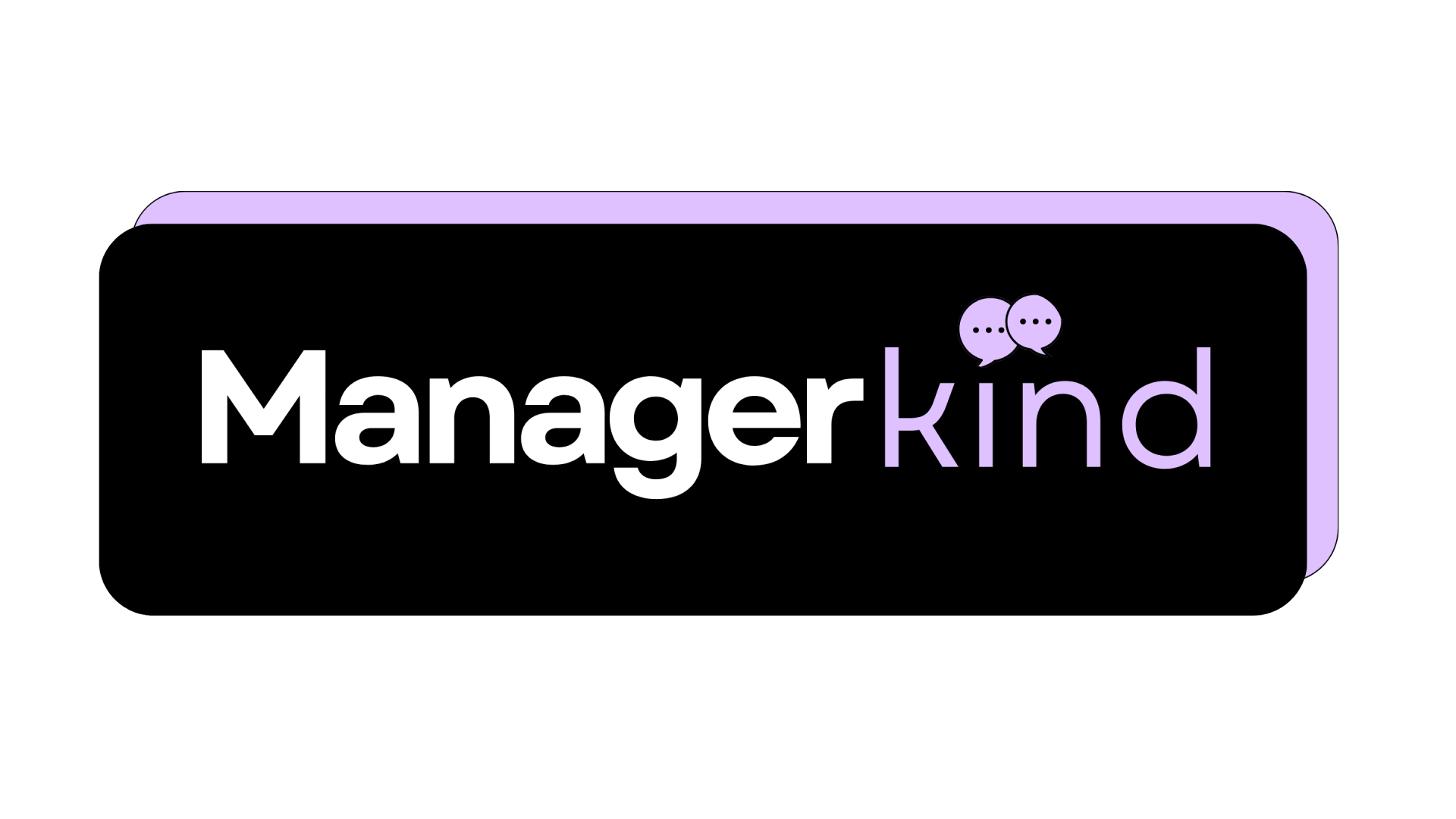It's a tough job being a manager and a leader. You have to make tough decisions and you're always finding new ways to help people understand decisions. Sometimes you feel you have to think on the spot. It can be very draining.
One tool that new managers can use as an additional technique is the power of silence and non-verbal cues. This is not only a great way to relieve pressure on you thinking on the spot or finding the right phrase, it can also be beneficial for your team by giving them cues and soft landing before you communicate something challenging or difficult to digest.
Among some of the greatest leaders take a moment to reflect before answering. They gather their thoughts. They use non-verbal cues and gestures to get the point across without even saying anything.
There is no one size fits all and in some situation as a manager or leader you will find that if you used non-verbal cues you could have better diffused a situation and allowed more ideas to surface or better energised a team.
Watch the famous video of Steve jobs:
https://www.youtube.com/watch?v=oeqPrUmVz-o
One tool that new managers can use as an additional technique is the power of silence and non-verbal cues. This is not only a great way to relieve pressure on you thinking on the spot or finding the right phrase, it can also be beneficial for your team by giving them cues and soft landing before you communicate something challenging or difficult to digest.
Among some of the greatest leaders take a moment to reflect before answering. They gather their thoughts. They use non-verbal cues and gestures to get the point across without even saying anything.
There is no one size fits all and in some situation as a manager or leader you will find that if you used non-verbal cues you could have better diffused a situation and allowed more ideas to surface or better energised a team.
Watch the famous video of Steve jobs:
https://www.youtube.com/watch?v=oeqPrUmVz-o
Why is staying silent so difficult?
3 tips to master the awkward silence!
Conclusion
Latest from our blog
Sign up to our BLOG for weekly content!
Thank you!
Write your awesome label here.
Free content to help managers become leaders
Sign up for a free account - we want to help as many managers as possible upskill


